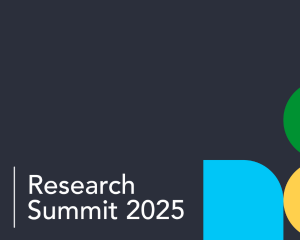
Research Environment Training Session: Building cancer cohorts and survival analysis
Research Environment Training Session: Building cancer cohorts and survival analysis
Building a cohort is a vital first step in many kinds of genomics studies, such as GWAS, survival analysis and identifying cancer characteristics. The vast array of phenotypic data available in the Genomics England Research Environment, both recruited disease and electronic health records, is a great resource for cohort building and verification.
This training session will go over some of the ways you can build cohorts in the Research Environment: Participant Explorer for no-code creation and the APIs for programmatic construction and verification. Using both methods, we will show how you can pull out the genomic file locations, or the participant identifiers to use with variant aggregation files. We will also look at how to pull out the relevant data for survival analysis, and run this on cohorts.
You are only allowed to attend this session if you are eligible for data access. This means that you are a Research Network member that has met the necessary verification checks and passed our Information Governance training course. If you do not meet this criterion by 12th May 2024 you will be unregistered for this session.
Timetable
13.30 Introduction and admin
13.35 Parameters and considerations for building a cohort
13.45 Point-and-click cohort building with participant explorer
13.55 Tables for cohort building in cancer
14.05 Using the APIs in Python and R
14.15 Survival analysis for cancer cohorts
14.25 Getting genomic filepaths for your cohort
14.35 Using your cohort with aggregate VCFs and bcftools
14.45 Getting help and questions
Learning objectives
After this training you will know:
- Where to find phenotypic and covariate data for building cohorts in the Genomics England Research Environment
- How to create cohorts using the Participant Explorer point-and-click interface
- How to use the APIs to create and verify cohorts with Python or R
Target audience
This training is aimed at researchers who:
- Are working in the Genomics England Research Environment
- Working in cancer genomics
- who can programme in python and/or R (a small segment of the training is suitable for non-programmers)


